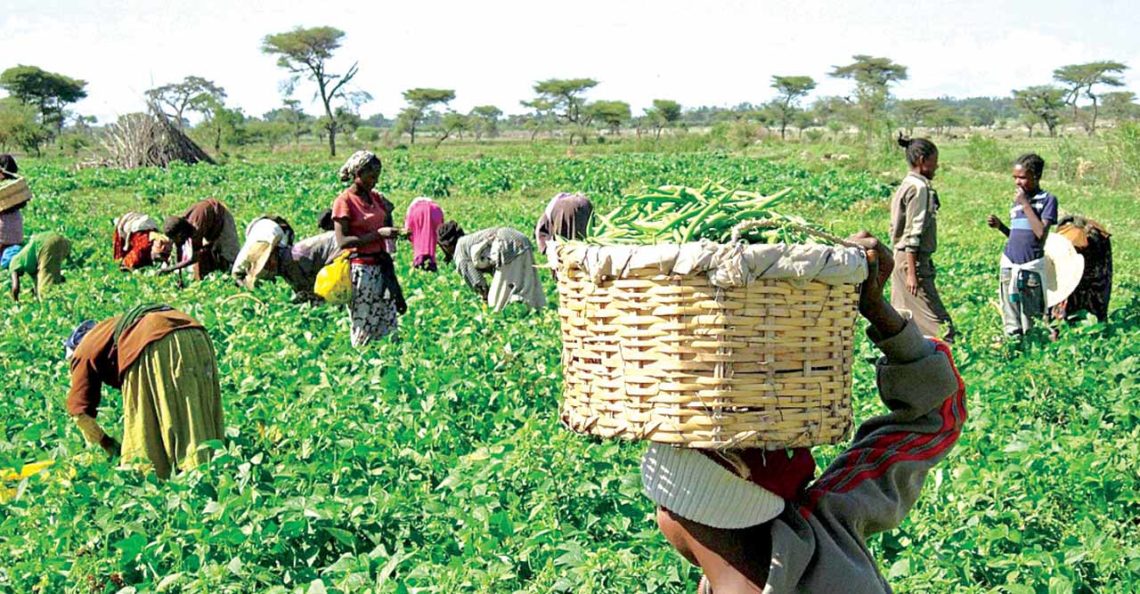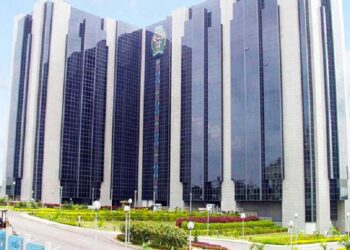As Nigeria pursues policies aimed at diversifying the economy, creating jobs and hastening socio-economic development, agriculture has been identified as capable of playing a crucial role in actualizing these lofty objectives.
Director-general of the Securities and Exchange Commission (SEC), Mr. Lamido Yuguda, stated this, at the 26th Annual Stockbroker’s Conference with the theme: ‘Capital market and agricultural development in Nigeria: Issues and the way forward’ held in Benin yesterday.
He said the theme of this year’s conference could not have come at a better time than now as it showcases the important role the capital market can play in harnessing resources for our nation’s agricultural development.
According to Yuguda, Nigeria is facing some of its most daunting challenges in recent times, including: Rising inflation, currently at a 17-year high of 19.64 per cent; declining government revenues arising from crude oil production challenges and Premium Motor Spirit (PMS) subsidy deductions; concerns around the 33 per cent current rate of unemployment; and massive infrastructure deficit and resultant decline in productivity.
He said for Nigeria to successfully address these challenges, all must make conscious efforts to fully diversify the revenue base of the economy.
“The fact that over 70 per cent of the Nigerian populace depends on agriculture as a means of livelihood, mainly at subsistence level, calls for deliberate policies and action plans towards expanding the sector.
“In early recognition of the potentials of the Agricultural Sector, the Securities and Exchange Commission identified the development of the Agricultural Trading Ecosystem as one of its key focus in its 10-year Masterplan 2015-2025, as revised,” he said.
The SEC DG said the commission has been working closely with the Standards Organisation of Nigeria (SON) for the actualisation of a vibrant commodities ecosystem with key focus on deepening the agricultural sector by developing a grading and standardisation system that will align with International best practice, which is an important precursor in achieving vibrancy in agricultural and other commodities markets.
The Commodities Trading Ecosystem Roadmap, he said, would ensure compliance with established grades and standards, reduce the proliferation of sub-standard agricultural commodities in the markets, and encourage global acceptance of commodities produced in Nigeria, among other benefits.
In his address, the governor of Edo State, Mr. Godwin Obaseki, described the theme as very apt as it resonates with the efforts of the State government to open up the state’s agricultural sector for private investment.
According to him, Nigeria’s economic growth is hinged on a vibrant private sector, which is propped by a thriving capital market. With the recent shocks witnessed in the country as a result of uncertainties in the global market, such as the Russia-Ukraine war, and fluctuations in oil prices. It would take an innovative mix of financing options to engender sustainable growth within the local economy.
President and chairman of Council, Chartered Institute of Stockbrokers, Mr. Oluwole Adeosun, urged the federal government to revisit the issue of Capital Gains Tax and restore the exemption of Nigerian equities that lapsed last year.
He said that exemption granted in 2012 was a particularly important action by the federal government which helped to bring a reasonable level of stability to our fledgling market.
Adeosun said the capital market plays a pivotal role in the economy of any nation, especially as both governments and organisations at various levels harness it to mobilise long-term capital for their broad and varying needs, making people with ideas become entrepreneurs and helping small businesses grow into big companies.




